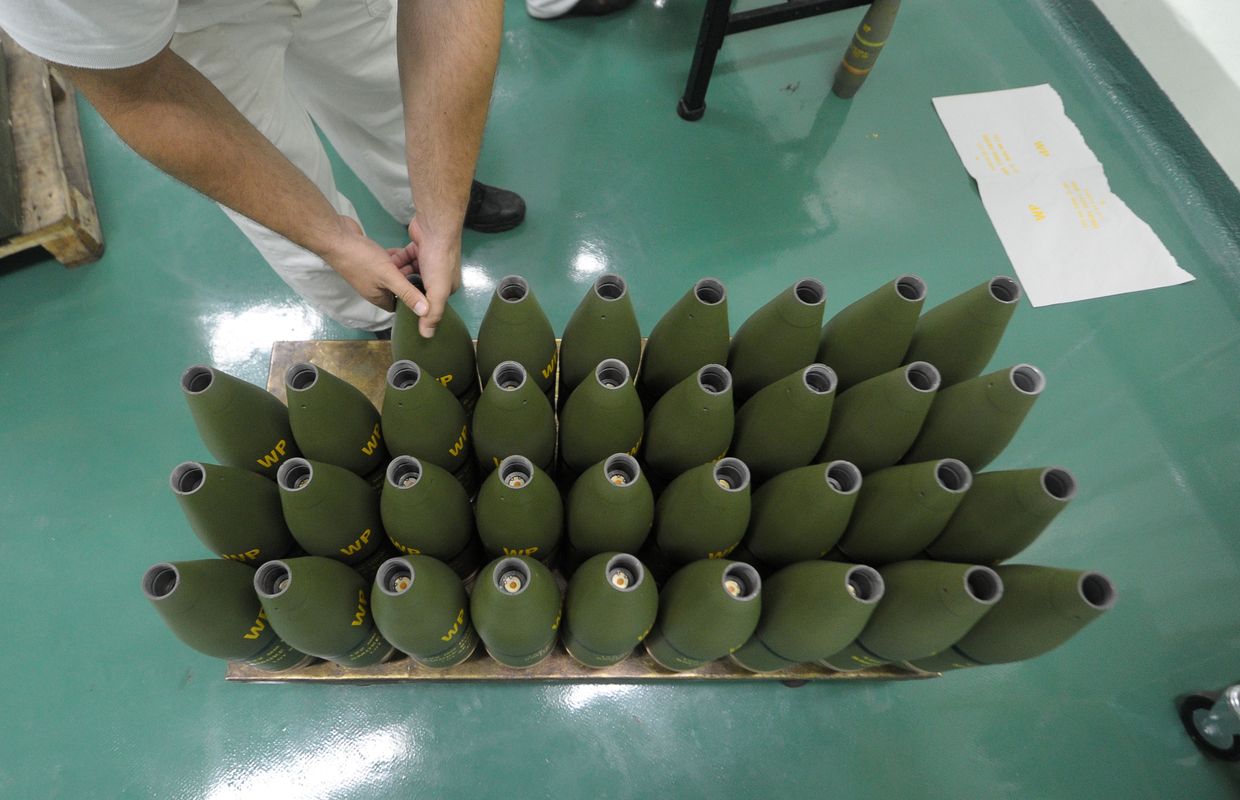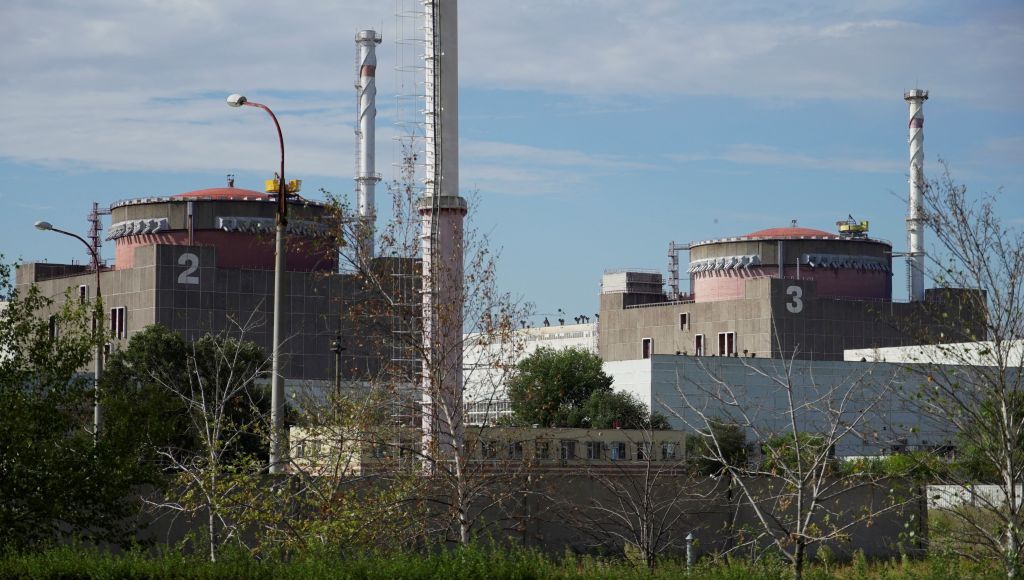German Interior Minister Alexander Dobrindt on Friday defended stricter border controls on his first visit to Prague since taking office.
"Germany has a strong magnetic effect on illegal migration in the world," Dobrindt said, calling for this to be reduced and the numbers of migrants brought down.
He acknowledged the greater burden on police, but said the checks were having an effect. Customs officers were being asked for support, in addition, and spot checks were being used at smaller border crossings.
Germany and the Czech Republic share a border of more than 800 kilometres. Both countries are members of the Schengen free travel area.
Dobrindt said a pan-European solution was required, and said Chancellor Friedrich Merz's coalition, which took office at the beginning of the month, would no longer hold back in Brussels when it came to taking joint measures against illegal migration.
Czech Interior Minister Vít Rakušan called for a rapid return to Schengen rules on freedom of travel. The Prague government saw the current German measures as an "exceptional situation," he said.
Rakušan said he had agreed with Dobrindt that the new checks would be re-evaluated after a month at the beginning of June.
According to the Prague government, transit through the country is at a five-year low, with most rejections at the German border affecting Ukrainians with right of residence in the Czech Republic but not elsewhere in Europe.
Migrants from countries like Syria were now the exception, he said. Many Czechs commute across the border for work in Germany.
Hours after taking office on May 6, Dobrindt imposed stricter border controls, instructing that all asylum seekers should be turned back. The measures do not apply to pregnant women, children or other vulnerable people.
Germany's Interior Minister Alexander Dobrindt (R) shakes hands with Czech Interior Minister Vit Rakusan during a press conference after their meeting . Kamaryt Michal/CTK/dpa
.png)
 German (DE)
German (DE)  English (US)
English (US)  Spanish (ES)
Spanish (ES)  French (FR)
French (FR)  Hindi (IN)
Hindi (IN)  Italian (IT)
Italian (IT)  Russian (RU)
Russian (RU)  1 week ago
11
1 week ago
11








Comments